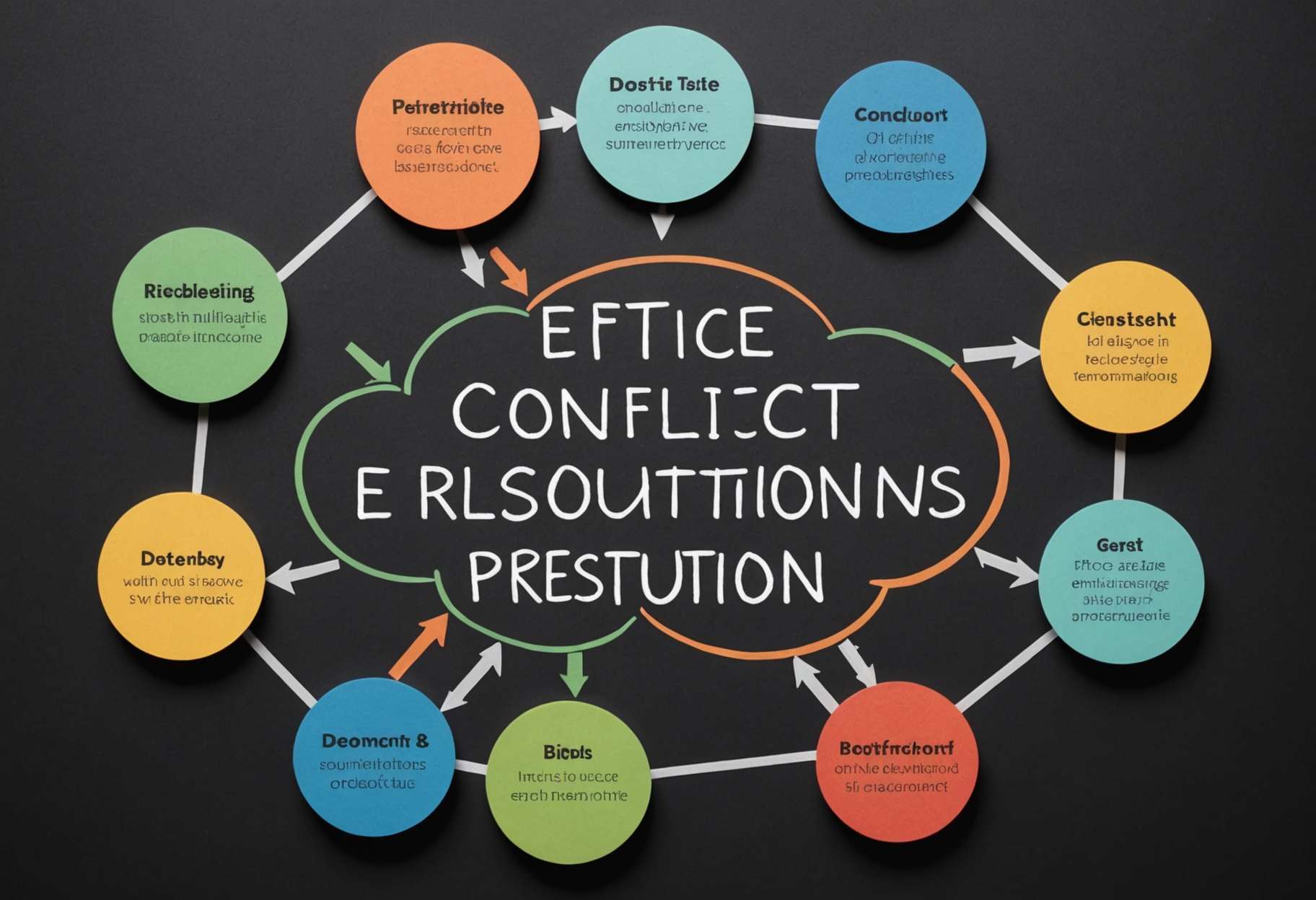The most effective method to Apply Antiquated Ways of thinking in Current Brain science Practices

Incorporating old way of thinking with current brain science makes a comprehensive structure for emotional wellness that values both verifiable insight and contemporary logical progressions. This conjunction yields important bits of knowledge into human way of behaving and restorative strategies. This page looks at how the consolidation of old philosophical ideas can improve and enhance current mental works on, yielding a more careful technique for mental prosperity.
**Aloofness and Profound Resilience:**
Aloofness cultivates self-restraint and strength as apparatuses for conquering gloomy feelings. At the point when applied in contemporary settings, analysts can help clients in creating close to home versatility. Approaches might include assisting people with recognizing components inside their control and those beyond it, advancing care in regards to the present, and participating in intelligent reflection. These indifferent practices, upheld by current mental brain science, can fundamentally reduce tension and close to home misery, adding to a better mental state.
**Buddhist Standards and Mindfulness:**
Buddhism presents care and acknowledgment, which are fundamental parts of mental treatments, for example, Rationalistic Conduct Treatment and Care Based Pressure Decrease. These methodologies commonly integrate contemplation, breathing procedures, and perceptions that enable people to draw in with the current second non-critically. Research shows these practices can ease side effects in different emotional well-being issues, including wretchedness, constant torment, and tension, by assisting patients with perceiving their considerations and sentiments without becoming overpowered.
**Confucianism and Social Harmony:**
Confucianism complements the meaning of concordance in friendly elements and the morals of relational jobs, which can be woven into family and gathering treatment settings. Advisors can use ideas like 'Ren' (kindheartedness) to impart sympathy, regard, and open correspondence among relatives or gathering members. This approach urges people to all the more likely figure out their jobs inside these gatherings, encouraging better and more amicable connections.
**Socratic Addressing in Mental Therapy:**
The Socratic strategy, established in focused request, helps people in revealing bits of insight and testing unreasonable convictions. Present day mental treatment utilizes this method by provoking people to examine pessimistic idea designs, think about elective perspectives, and come to reasonable end results with respect to their ways of behaving. This approach is particularly viable for tending to mental bends related with conditions like gloom and uneasiness.
**Luxury and the Quest for Happiness:**
Luxurious way of thinking advocates for the reasonable quest for delight and peacefulness as the keys to a satisfying life. In contemporary helpful settings, these standards can direct people in exploring joy looking for ways of behaving while at the same time valuing the benefits of straightforwardness and balance. By putting accentuation on inherent bliss and self-awareness, instead of depending on outside endorsement, people can develop experiences that line up with their fundamental beliefs, hence decreasing existential tensions and disappointment.
The mix of old methods of reasoning with current brain science presents a particular way to deal with emotional well-being, heaps of human insight. These philosophical thoughts reinforce current helpful works on, furnishing people with significant bits of knowledge into their lives and encouraging in general mental prosperity. By perceiving and investigating these getting through ideas, experts can improve their strategies, offering a multi-faceted methodology that reverberates profoundly on a humanistic level.
**Aloofness and Profound Resilience:**
Aloofness cultivates self-restraint and strength as apparatuses for conquering gloomy feelings. At the point when applied in contemporary settings, analysts can help clients in creating close to home versatility. Approaches might include assisting people with recognizing components inside their control and those beyond it, advancing care in regards to the present, and participating in intelligent reflection. These indifferent practices, upheld by current mental brain science, can fundamentally reduce tension and close to home misery, adding to a better mental state.
**Buddhist Standards and Mindfulness:**
Buddhism presents care and acknowledgment, which are fundamental parts of mental treatments, for example, Rationalistic Conduct Treatment and Care Based Pressure Decrease. These methodologies commonly integrate contemplation, breathing procedures, and perceptions that enable people to draw in with the current second non-critically. Research shows these practices can ease side effects in different emotional well-being issues, including wretchedness, constant torment, and tension, by assisting patients with perceiving their considerations and sentiments without becoming overpowered.
**Confucianism and Social Harmony:**
Confucianism complements the meaning of concordance in friendly elements and the morals of relational jobs, which can be woven into family and gathering treatment settings. Advisors can use ideas like 'Ren' (kindheartedness) to impart sympathy, regard, and open correspondence among relatives or gathering members. This approach urges people to all the more likely figure out their jobs inside these gatherings, encouraging better and more amicable connections.
**Socratic Addressing in Mental Therapy:**
The Socratic strategy, established in focused request, helps people in revealing bits of insight and testing unreasonable convictions. Present day mental treatment utilizes this method by provoking people to examine pessimistic idea designs, think about elective perspectives, and come to reasonable end results with respect to their ways of behaving. This approach is particularly viable for tending to mental bends related with conditions like gloom and uneasiness.
**Luxury and the Quest for Happiness:**
Luxurious way of thinking advocates for the reasonable quest for delight and peacefulness as the keys to a satisfying life. In contemporary helpful settings, these standards can direct people in exploring joy looking for ways of behaving while at the same time valuing the benefits of straightforwardness and balance. By putting accentuation on inherent bliss and self-awareness, instead of depending on outside endorsement, people can develop experiences that line up with their fundamental beliefs, hence decreasing existential tensions and disappointment.
The mix of old methods of reasoning with current brain science presents a particular way to deal with emotional well-being, heaps of human insight. These philosophical thoughts reinforce current helpful works on, furnishing people with significant bits of knowledge into their lives and encouraging in general mental prosperity. By perceiving and investigating these getting through ideas, experts can improve their strategies, offering a multi-faceted methodology that reverberates profoundly on a humanistic level.
LATEST POSTS
- 1
 Audits of Espresso Types: Which Brew Is for You?
Audits of Espresso Types: Which Brew Is for You? - 2
 Tech for Wellbeing: Applications and Devices for a Better You
Tech for Wellbeing: Applications and Devices for a Better You - 3
 Understanding Successful Compromise Standards to Cultivate Agreeable Connections
Understanding Successful Compromise Standards to Cultivate Agreeable Connections - 4
 Vote In favor of Your #1 Cell phones
Vote In favor of Your #1 Cell phones - 5
 Instructions to Utilize Your Brain science Certification to Work on Corporate Culture
Instructions to Utilize Your Brain science Certification to Work on Corporate Culture
Share this article
 Top Breakfast Food: What's Your Morning Joy?
Top Breakfast Food: What's Your Morning Joy? 6 Monetary Arranging Administrations for Your Necessities
6 Monetary Arranging Administrations for Your Necessities In vogue Sleepwear Patterns for 2024
In vogue Sleepwear Patterns for 2024 6 Famous Urban communities for Shopping on the planet
6 Famous Urban communities for Shopping on the planet 6 Objections for an Ocean side Wedding
6 Objections for an Ocean side Wedding The most effective method to Promoter for Cellular breakdown in the lungs Mindfulness in Your People group
The most effective method to Promoter for Cellular breakdown in the lungs Mindfulness in Your People group Vote In favor of Your Favored Distributed computing Administration
Vote In favor of Your Favored Distributed computing Administration How Seniors Can Use Refunds and Motivators to Purchase a Hyundai Ioniq EV
How Seniors Can Use Refunds and Motivators to Purchase a Hyundai Ioniq EV Instructions to Discuss Successfully with Your Auto Collision Lawyer
Instructions to Discuss Successfully with Your Auto Collision Lawyer













